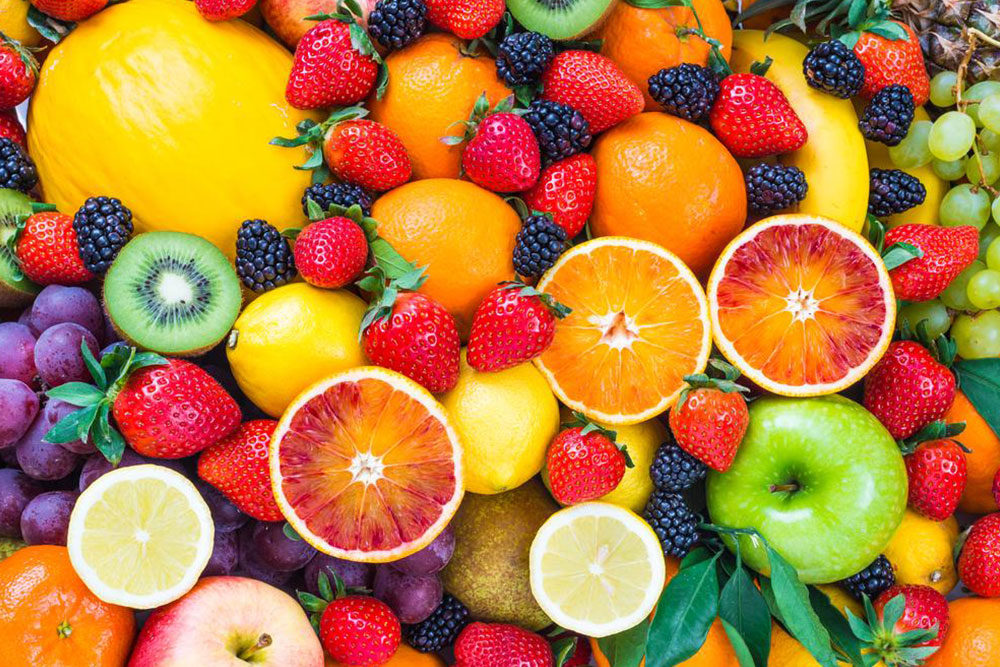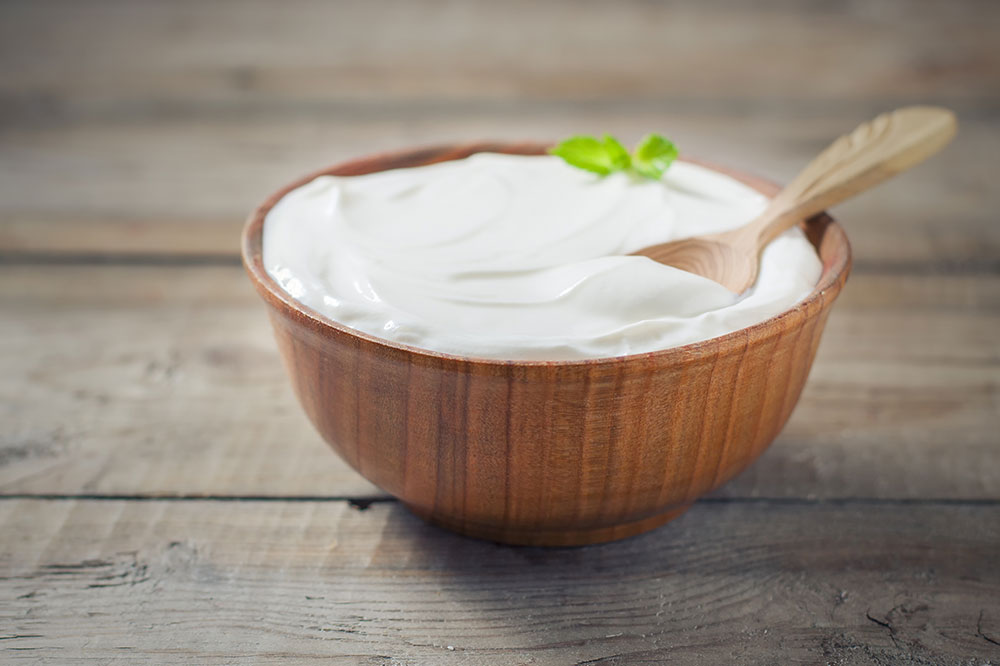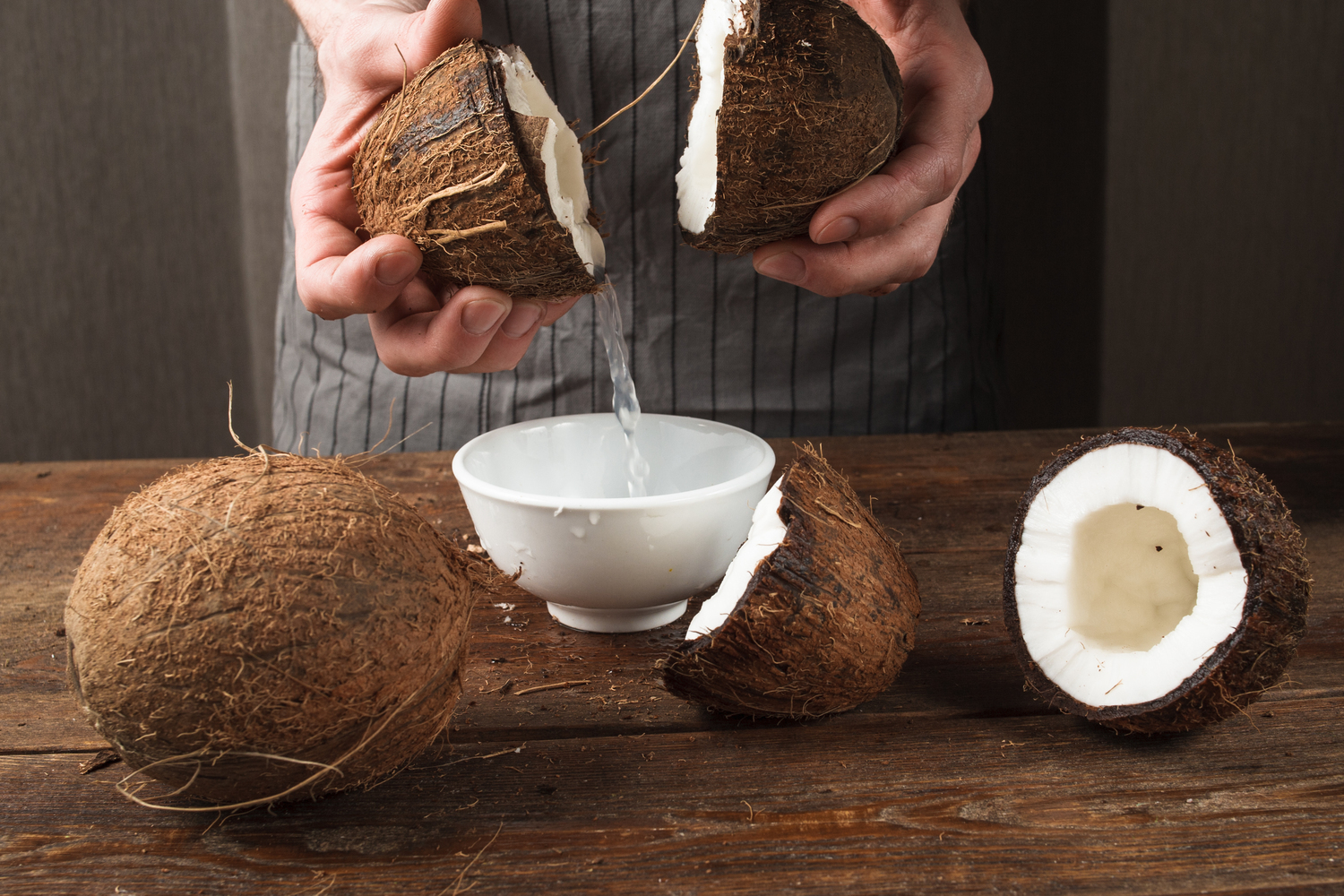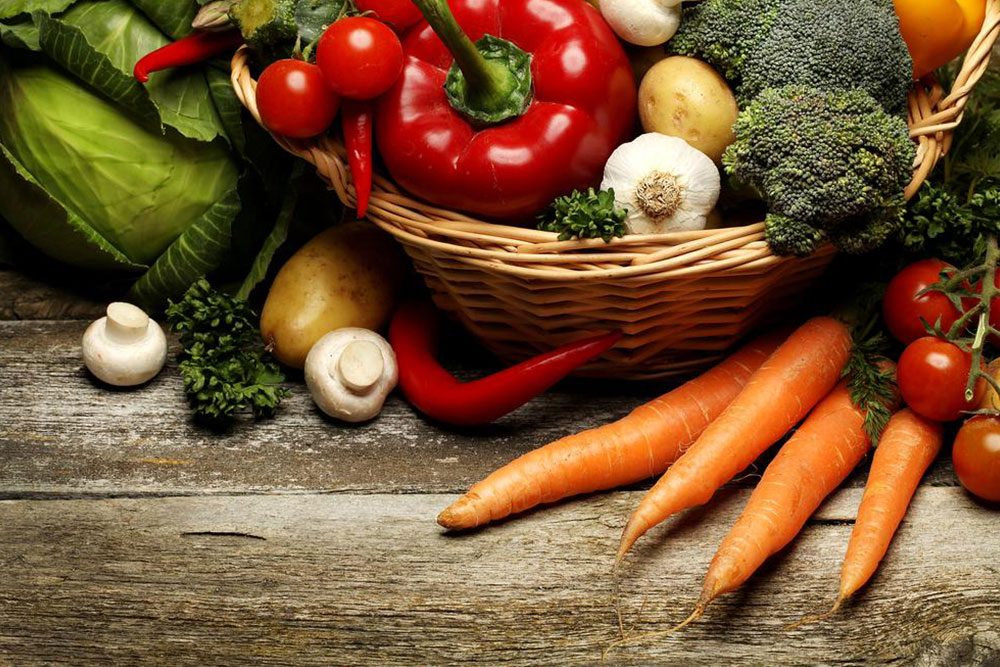Comprehensive Dietary Approaches to Effectively Manage Gastritis
This comprehensive guide explores effective dietary strategies for managing gastritis, emphasizing foods that promote healing, lifestyle modifications, and risk factor mitigation. Learn how to reduce inflammation, soothe your stomach, and prevent complications with proven nutritional tips and habits.

Comprehensive Dietary Approaches to Effectively Manage Gastritis
Gastritis, a common gastrointestinal condition, affects millions worldwide and manifests through symptoms such as abdominal pain, nausea, burning sensations, and indigestion. While occasional discomfort might be normal, persistent gastritis demands attention as it can escalate into serious health issues like peptic ulcers or even stomach cancer if left untreated. The root causes of gastritis include lifestyle factors, stress, medication use, and particularly infections like Helicobacter pylori. Developing effective dietary strategies is essential in managing symptoms, promoting healing, and preventing complications.
Understanding Gastritis and Its Impact on Digestive Health: Gastritis is characterized by inflammation of the stomach lining, which hampers digestion and can cause discomfort and pain. The condition often results from bacterial infections, medication use, excessive alcohol consumption, stress, and poor dietary habits. Chronic gastritis may lead to serious health conditions such as gastric ulcers, bleeding, or even malignancy. Recognizing the importance of dietary management, along with medical protocols, can greatly improve patient outcomes and quality of life.
Key Nutritional Strategies for Managing Gastritis: Nutrition plays a pivotal role in controlling gastritis symptoms and aiding recovery. While no single diet can cure gastritis, specific dietary modifications can minimize irritation and inflammation of the stomach lining. These include incorporating anti-inflammatory foods, avoiding irritants, and following meal timing strategies. Prioritizing nutrient-dense, soothing foods can significantly reduce symptoms and help in managing the condition effectively.
Foods That Promote Gastric Healing: Focus on including foods with natural anti-inflammatory and antibacterial properties. For example, probiotic-rich foods like yogurt contain beneficial bacteria that can help combat H. pylori infection, a primary contributor to gastritis. Broccoli and other cruciferous vegetables contain sulforaphane, a potent compound with antibacterial and anticancer effects that can reduce inflammation, alleviate symptoms, and lower the risk of stomach cancer. Additionally, foods such as honey, herbal teas, extra-virgin olive oil, berries, celery, and apples provide essential antioxidants and anti-inflammatory benefits that support healing.
Smaller, more frequent meals (about 5-6 times per day) help prevent excessive stomach acid production and reduce discomfort compared to larger, infrequent meals.
Maintain adequate hydration by drinking water regularly and limit or eliminate alcohol intake, which can exacerbate inflammation and impair healing.
Enhance gut health by consuming probiotics and omega-3 fatty acids, which can support tissue repair and reduce inflammation—consult your healthcare provider before adding supplements.
Avoid trigger foods such as salty, greasy, spicy, and processed foods that can irritate the stomach lining.
Quit smoking, as tobacco use increases inflammation, delays healing, and elevates the risk of complications.
Managing stress is an often-overlooked aspect of gastritis treatment. Emotional stress triggers excess stomach acid production, aggravating inflammation and discomfort. Engaging in stress-reducing activities like meditation, yoga, or regular exercise can be beneficial for healing and maintaining digestive health.
Understanding Risk Factors and Prevention:
Excessive alcohol consumption damages the stomach lining and encourages inflammation.
Obesity adds pressure on the abdomen, increasing the risk of gastric issues.
Smoking impairs the healing process and aggravates gastritis.
The prolonged use of nonsteroidal anti-inflammatory drugs (NSAIDs), such as ibuprofen and aspirin, can weaken the stomach lining, leading to erosions and ulcers.
High-fat and high-salt diets promote mucosal irritation and inflammation.
Regular medical checkups, avoiding known irritants, maintaining a healthy weight, and adopting a balanced diet are key strategies to prevent and manage gastritis effectively. If you suspect gastritis or experience persistent digestive symptoms, consult your healthcare provider for appropriate diagnosis and treatment plans.




